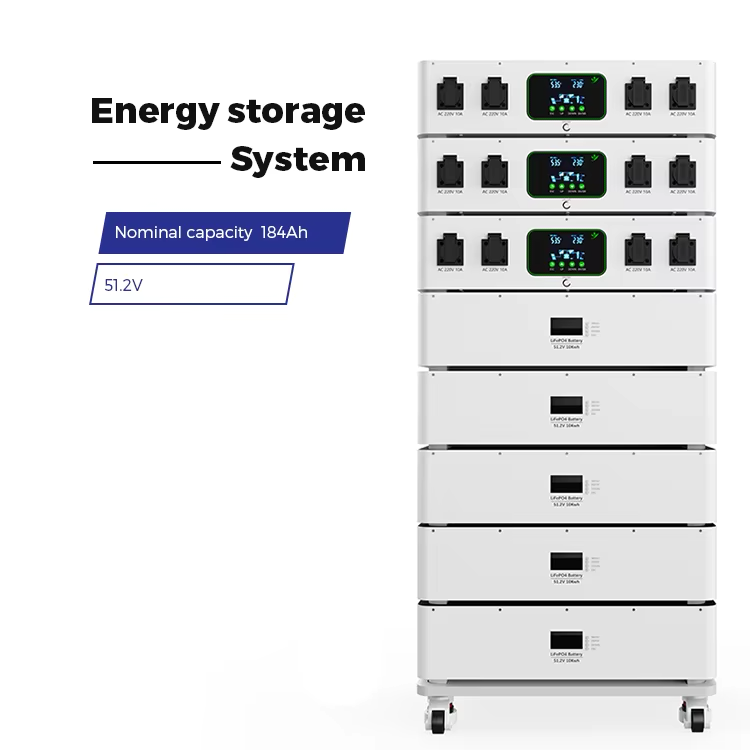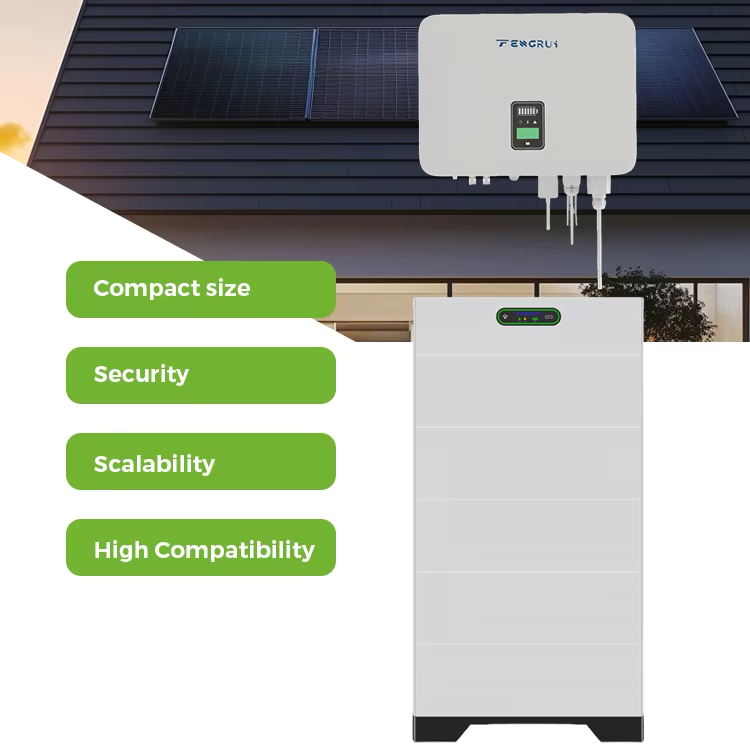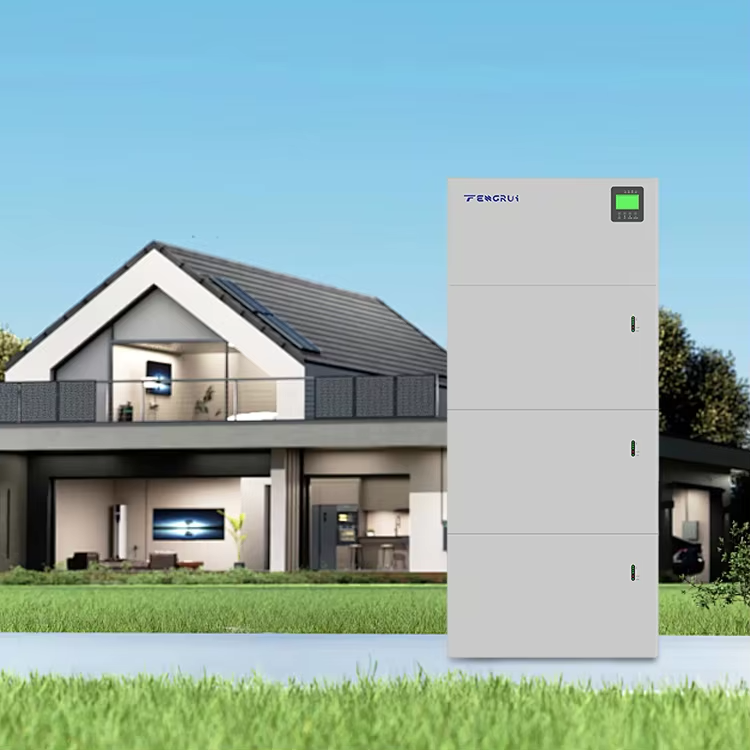battery storage for home solar systems
Battery storage systems for home solar installations represent a revolutionary advancement in residential energy management. These systems capture and store excess electricity generated by solar panels during peak production hours, typically during sunny days, for use during periods of low or no solar generation. Modern home battery storage solutions utilize advanced lithium-ion technology, similar to those found in electric vehicles, offering high energy density and excellent cycle life. The system consists of the battery unit, an inverter for converting DC power to AC, and sophisticated management software that optimizes energy flow. These systems typically range from 5kWh to 15kWh in capacity, enough to power an average home during evening hours or short outages. The technology incorporates smart features such as weather forecasting integration, load management, and remote monitoring capabilities through mobile applications. Battery storage systems can be configured in various ways, either as a single unit or in a scalable array, allowing homeowners to customize their energy storage capacity according to their specific needs. The integration with existing solar installations is seamless, and modern systems include built-in safety features such as temperature control, overcharge protection, and emergency shutdown capabilities.


